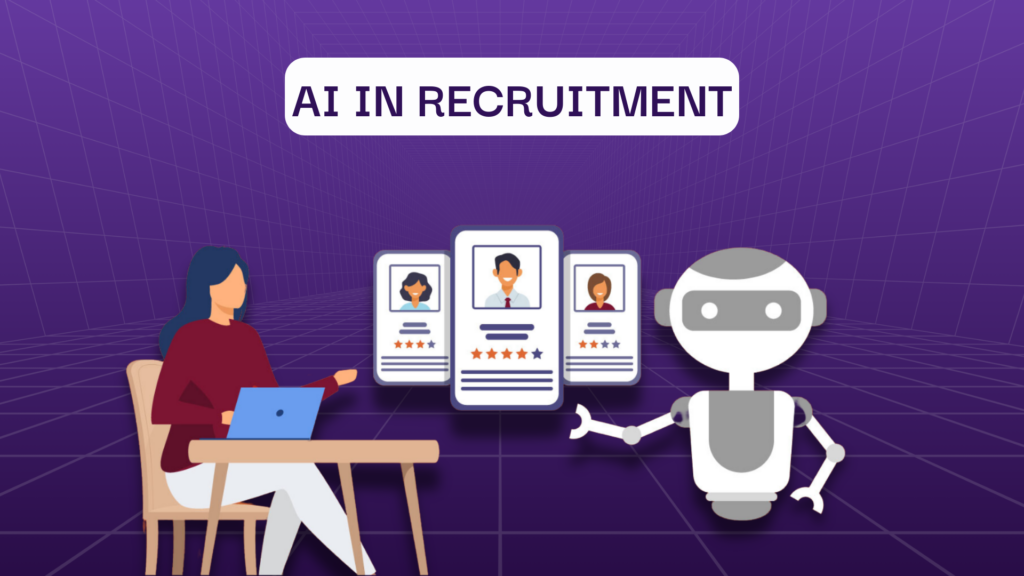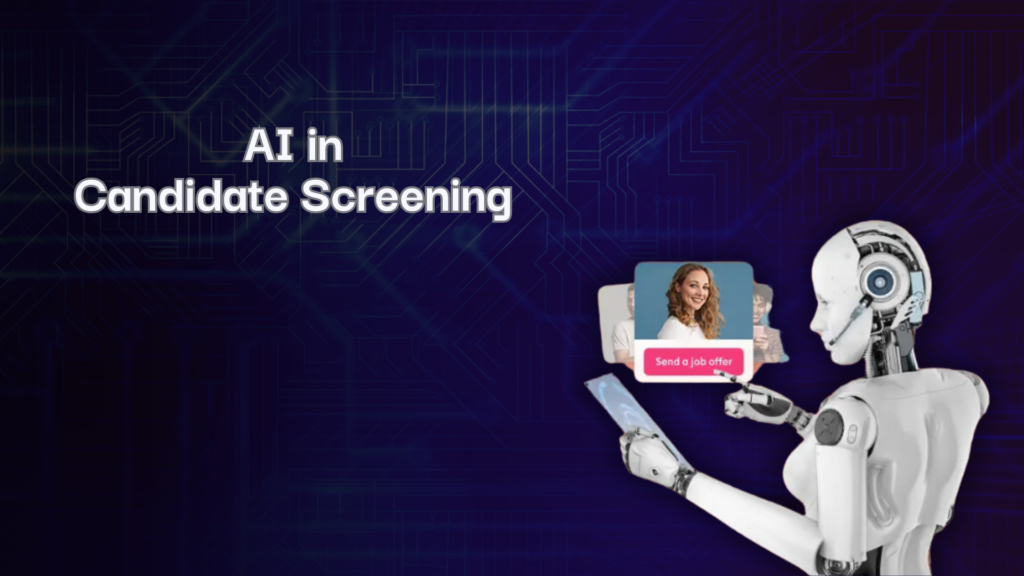Recruitment has always been about finding the right person for the right role, but in 2026, the way companies hire has transformed dramatically. Thanks to AI hiring tools and smarter recruitment platforms, businesses can now identify top talent faster, reduce hiring costs, and eliminate inefficiencies that plagued traditional methods. Let’s explore how AI is reshaping hiring, why it matters, and what job seekers and employers need to know.
The Rise of AI Hiring Software
In the past, recruiters spent hours scanning through piles of resumes. Today, AI hiring software automates this process by quickly identifying the most qualified candidates. These platforms don’t just look for keywords, they evaluate skills, experiences, and even career progression to deliver data-driven results.
Employers now rely on AI tools for hiring to screen resumes, predict candidate success, and even rank applicants based on suitability. This saves time and ensures that decision-makers spend their energy interviewing only the best-matched applicants.
AI Job Posting: Reaching the Right Talent
Creating the perfect job posting can be tricky. Too broad, and you get unqualified applicants; too narrow, and you miss out on potential talent. AI job posting tools analyze market trends, industry-specific keywords, and candidate behaviors to optimize postings for visibility.
This means companies attract the right people, while job seekers see opportunities better tailored to their skills. The result is a more efficient recruitment pipeline where both sides benefit.
The Future of Hiring and Recruitment
Recruitment in 2026 is about working smarter, not harder. With platforms like avua Smart Hire, employers can leverage AI-driven solutions to make better hiring decisions. These platforms combine the power of automation with human judgment, ensuring companies can hire smart and build stronger teams.
Unlike traditional systems, Smart Hire recruitment technology uses advanced analytics, predictive modeling, and candidate scoring to deliver accurate insights. For job seekers, it means that resumes are evaluated fairly and consistently, reducing bias in the hiring process.
AI Recruiting Tools and Platforms
The market is filled with various AI recruiting tools, but the most impactful are those that offer a complete solution. Whether it’s a recruitment AI software for candidate tracking, an AI based recruitment platform for end-to-end hiring, or the best AI recruiting tools that integrate seamlessly with existing HR systems, organizations now have multiple choices.
Some of the top benefits of these AI tools for recruitment include:
- Automated resume screening and ranking
- Candidate skill matching with job requirements
- Predictive analytics for long-term employee success
- Enhanced diversity and inclusion tracking
Driving Growth in Six Industries with avua Hire
At avua, innovation meets industry expertise. With avua Hire, businesses across six critical sectors, Energy, IT, Pharma, Construction, Finance, and Healthcare, gain access to a tailored AI-driven recruitment solution.
For example:
- In Energy, AI platforms help hire specialists for renewable projects.
- In IT, recruitment AI tools identify developers with cutting-edge skills.
- In Pharma, smart platforms ensure compliance-focused hiring.
- In Construction, AI improves workforce planning for complex projects.
- In Finance, AI recruiting software enhances risk-aware hiring.
- In Healthcare, AI ensures skilled professionals are matched to high-demand roles.
The Role of Resume Analysis in AI Hiring
AI isn’t just helping recruiters, it’s changing how job seekers prepare as well. Tools like a CV analysis tool and resume scoring systems give candidates immediate feedback on how their applications perform against job postings. Instead of guessing what employers want, applicants can refine their resumes to improve visibility and increase interview chances.
This means that in the AI hiring era, job seekers who leverage resume feedback gain a real advantage.
Also Read: What Role Does AI Play in Construction Workforce Hiring
Why AI-Based Hiring Platforms Are the Future
Companies that use an AI based hiring platform can scale their recruitment processes while maintaining accuracy and fairness. With AI software recruiting, businesses can track applications, assess candidates, and even conduct structured video interviews, all in one system.
The top AI recruiting tools also provide advanced analytics, enabling organizations to identify hiring bottlenecks and improve processes. By 2026, these innovations have made hiring faster, smarter, and more inclusive.
Final Thoughts
AI is not replacing human recruiters; it’s making them more effective. The combination of technology and human expertise ensures a better experience for both employers and candidates. From AI hiring platforms to smart hire recruitment, the future of hiring is about precision, efficiency, and fairness.
Job seekers who embrace these changes, by optimizing resumes with CV analysis and understanding how AI works in hiring, will have the upper hand in this evolving job market.
FAQs
Q1. What are AI hiring tools, and how do they work?
AI hiring tools are platforms that automate recruitment tasks like resume screening, job posting optimization, and candidate scoring to make hiring faster and more effective.
Q2. How does AI job posting help employers?
AI job posting software analyzes market data and keywords to create job descriptions that attract the right candidates, saving time and improving match rates.
Q3. What makes avua Smart Hire unique?
avua Smart Hire combines AI automation with industry-specific insights across Energy, IT, Pharma, Construction, Finance, and Healthcare, ensuring smarter recruitment outcomes.
Q4. Can AI tools for recruitment eliminate hiring bias?
While AI can reduce certain biases by focusing on skills and data, the best results come when combined with human oversight.
Q5. How does a CV analysis tool help job seekers?
A CV analysis tool provides resume feedback and scoring, helping candidates refine their applications to stand out in AI-driven hiring processes.

